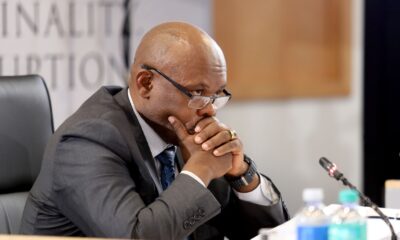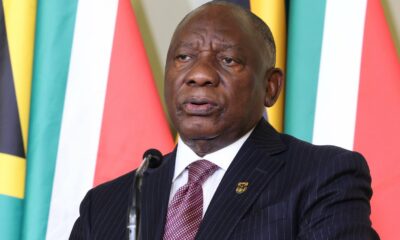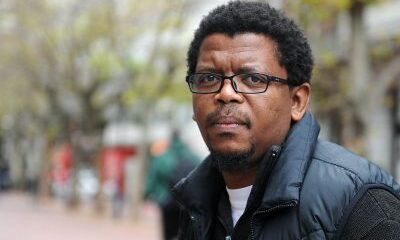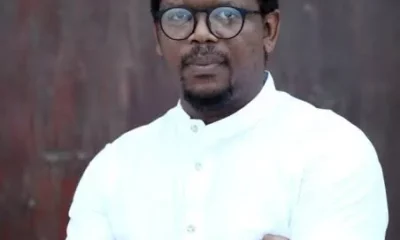News
Ramaphosa Suspends Mchunu, Launches Inquiry into Policing Crisis
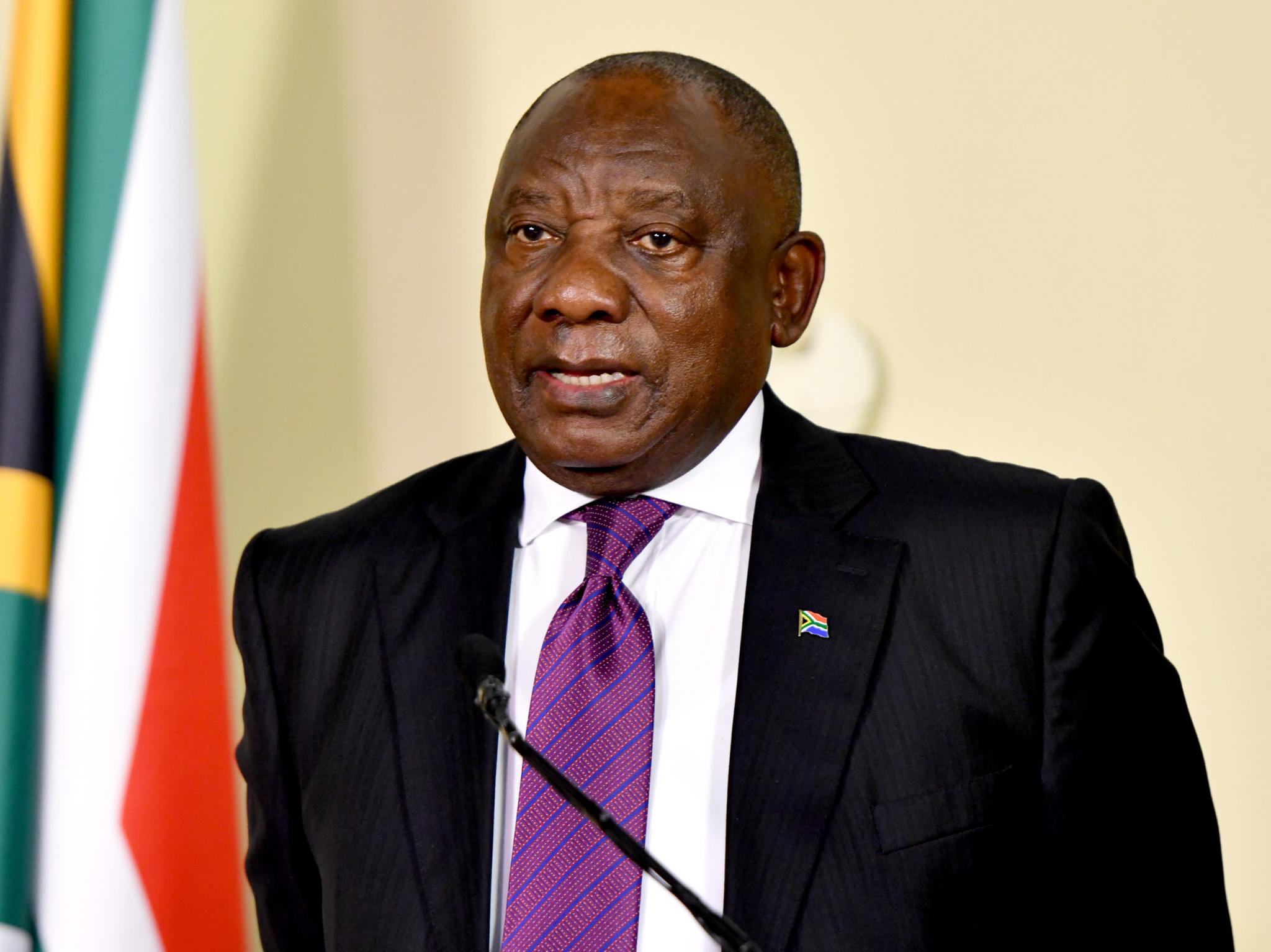
Firoz Cachalia named acting Police Minister as fears of deep corruption shake SAPS
President Cyril Ramaphosa has finally broken his silence on a scandal that has rocked South Africa’s policing system and by extension, public trust in government.
In a nationally televised address on Sunday night, Ramaphosa confirmed that Police Minister Senzo Mchunu has been placed on leave and that a judicial commission of inquiry will be established to investigate allegations of political interference, criminal infiltration, and corruption within the police service.
Stepping into the role of acting Police Minister is Firoz Cachalia, a legal scholar and respected public figure with roots in the ANC but no current seat in Parliament. Cachalia becomes one of the two cabinet members the president may appoint from outside the National Assembly.
Crisis Point: What Sparked This Shake-Up?
This dramatic intervention comes in the wake of explosive allegations made by KwaZulu-Natal’s top cop, Lieutenant General Nhlanhla Mkhwanazi. In a bombshell media briefing earlier this month, Mkhwanazi accused Mchunu of ordering the disbandment of the Political Killings Task Team in March, and of removing 121 active dockets—many related to politically linked assassinations.
While Mchunu has firmly denied the claims, the accusations set off a political firestorm. Opposition parties quickly called for his suspension or even arrest. Civil society organisations and whistleblowers added their voices, citing a broader rot within the South African Police Service (SAPS).
Restoring Credibility or Buying Time?
Ramaphosa said the seriousness of the allegations cannot be overstated. “If true, they threaten to undermine the entire police service and their ability to fight crime and corruption,” he stated. “As we intensify the fight against crime, it is vital that we secure the credibility of the police.”
But critics argue that this is about more than just Mchunu. Many believe the dysfunction in law enforcement is systemic, not individual.
South Africa’s Troubled Policing Past
The president’s decision comes against a grim backdrop. South Africa has one of the highest murder rates in the world. Police are routinely accused of corruption, incompetence, and brutality.
Since 2000, five permanent national police commissioners have come and gone. Four left in disgrace—either fired, charged, or publicly shamed. Alarmingly, between 2000 and 2015, most top police officials had no prior experience in policing.
The disbanded Political Killings Task Team, formed after the 2018 Moerane Commission report, had made real progress: 612 cases investigated and over 100 convictions. Many South Africans now fear that disbanding the team wasn’t just mismanagement—it may have been a calculated move to shield those in power.
Who Is Firoz Cachalia?
Cachalia’s appointment signals Ramaphosa’s desire to project credibility and neutrality. A law professor and former ANC legislator, he brings legal experience and public sector knowledge. Still, he steps into a minefield: a police service under siege, a divided cabinet, and a restless public demanding accountability.
Inquiry Timeline and Public Expectations
The commission is expected to deliver interim reports within three and six months, followed by a final report. Its mandate includes investigating political interference, threats within the police service, and any possible involvement by public officials.
It’s a bold step—but not without risk. Previous commissions, from Marikana to State Capture, took years and billions of rand to conclude. Many fear this could be another “talk shop” without real consequences.
Public Reaction: Skepticism Meets Hope
Social media erupted in mixed response. While some praised Ramaphosa for finally acting, others questioned why it took so long. On X (formerly Twitter), one user wrote: “Too little, too late. He knew for months and only acted when public outrage boiled over.” Another said, “Cachalia is respected. Let’s hope he brings order to a broken SAPS.”
More Than Just a Minister
This isn’t just about one man stepping down. It’s about restoring faith in a system that for many feels rigged against the poor and powerless. South Africans want safer communities, honest leadership, and police they can trust.
Ramaphosa has made his move. Whether it brings real reform or simply delays the inevitable, remains to be seen.
{Source: BusinessTech}
Follow Joburg ETC on Facebook, Twitter , TikTok and Instagram
For more News in Johannesburg, visit joburgetc.com

